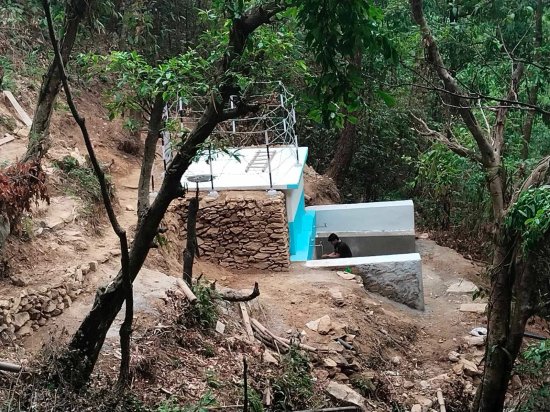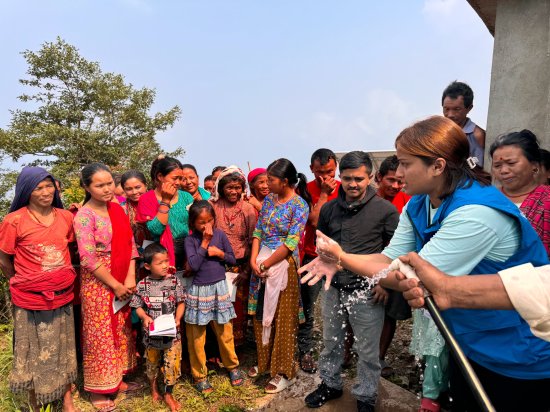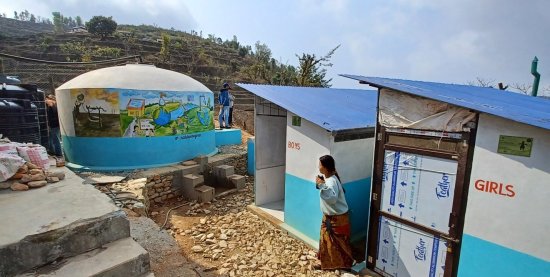 In Nepal, as part of the Rain Community project, our local partner Kanchan Nepal has become an expert in spring restoration. Spring rehabilitation involves building a buffer tank, which fills up little by little over time and can be tapped by users as they wish. So, even if the natural flow rate of the spring is low, the flow rate of the cistern is high, enabling communities to draw quality water quickly and at will.
In Nepal, as part of the Rain Community project, our local partner Kanchan Nepal has become an expert in spring restoration. Spring rehabilitation involves building a buffer tank, which fills up little by little over time and can be tapped by users as they wish. So, even if the natural flow rate of the spring is low, the flow rate of the cistern is high, enabling communities to draw quality water quickly and at will.In addition to the creation of a storage tank, a secure distribution point...
read more


